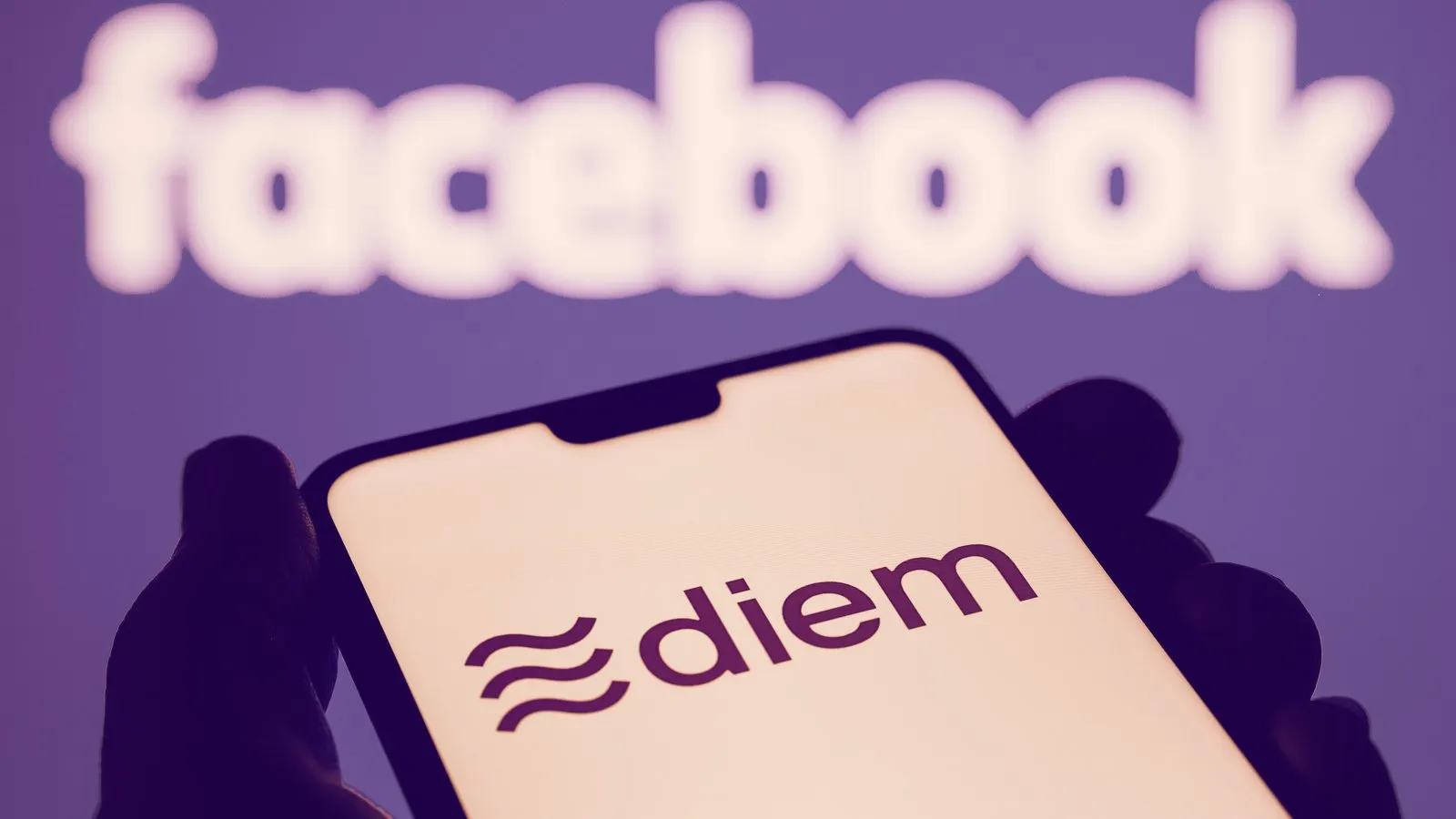In brief
- Facebook first announced its crypto project in June 2019.
- Last year, it pivoted from plans for global currency to a U.S. stablecoin.
- Its wallet is nearing release.
Facebook Diem co-creator David Marcus announced today that Novi, Facebook's long-gestating cryptocurrency wallet, "is ready to come to market."
The pronouncement came at the end of a lengthy blog post, rather than the fanfare that accompanied Facebook's initial announcement in June 2019 that it was creating a digital currency backed by a basket of fiat currencies and managed by some of the biggest names in finance and technology.
Novi (originally Calibra) finds itself limping into a very different cryptocurrency market than the one that existed two years ago.
Facebook's project began as Libra, a digital currency that could be sent via the Calibra wallet. The goal wasn't a stablecoin that mimicked the dollar's price; the goal was to create a new global digital currency. Though the asset was to be managed at first by Libra Association members, over time, it planned to decentralize, just as other crypto projects have done.
Most of that is no longer true.
In April 2020, Libra shifted gears, aiming to become a traditional stablecoin. Instead of being a new Bitcoin, it would become a more-regulated version of USDC or Tether. Calibra would become a stablecoin wallet—one integrated with the biggest social network in the world, but a stablecoin wallet just the same.
The following month, Calibra switched its name to Novi. In December, the Libra Association jettisoned its moniker in favor of Diem.
Throughout, the project has weathered a stream of departures, among them co-founder Kevin Weil. In a single day in October 2019, eBay, Mastercard, Stripe, and Visa withdrew from the association en masse after Facebook faced tough questions from regulators. Still, major names, including venture capital firm Andreessen Horowitz, crypto exchange Coinbase, and ride-sharing apps Uber and Lyft, remain on board.
When Facebook first floated Libra Coin in June 2019, after several years of rumors that it was working on it, Tether was the dominant stablecoin with a market cap of $3.5 billion. It's still number one, and its market cap is up to $64 billion, per data from CoinMarketCap. USDC stablecoin, co-created by Diem Association member Coinbase, comes in second with $27.5 billion. So the stablecoin market is led by two giants that Facebook will have to reckon with.
Facebook has beaten more-established rivals before, overcoming MySpace and Friendster to become the most pervasive social network on the planet. That's also given it a leg up when faced with innovators because it can just buy them, as it did with Instagram and WhatsApp, or incorporate similar features on its own network, as it is doing with cryptocurrency.
So, there's room yet for Novi and Diem to be relevant. And David Marcus laid out the game plan today.
"We’re a challenger in the payments industry, and we will offer free person-to-person payments domestically and internationally for people using the Novi wallet," he wrote. "We trust that people will prefer a service that is cost free and more convenient to ones that are significantly more expensive and not consumer-centric."
Maybe so, but if there's one thing Marcus and Facebook should have learned about cryptocurrency in the last two years it's that it's not about trust. It's about trustlessness.

